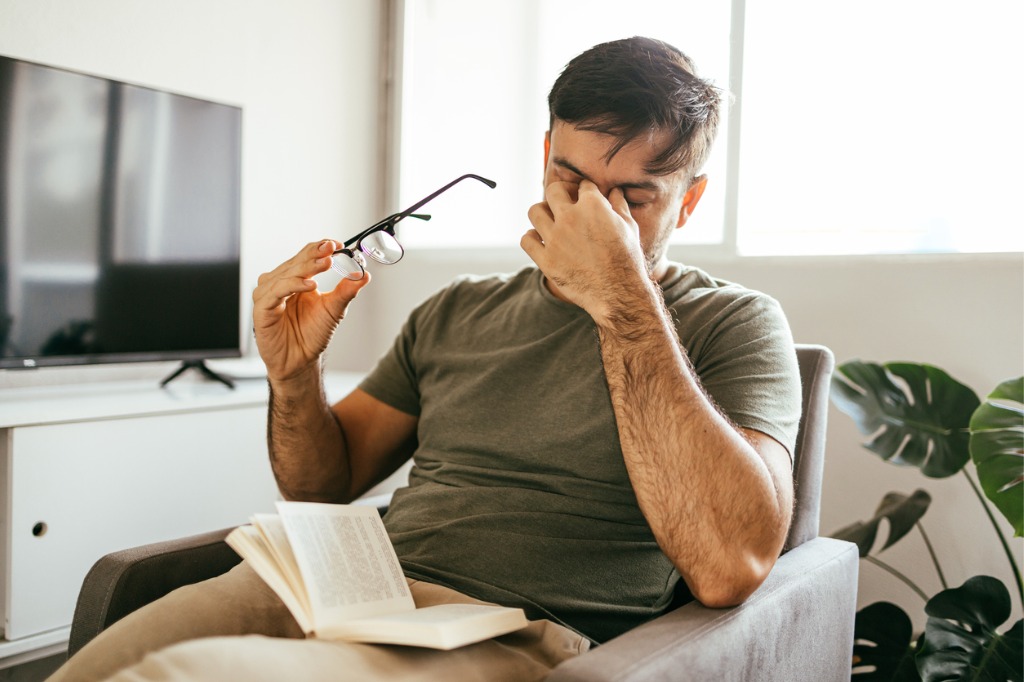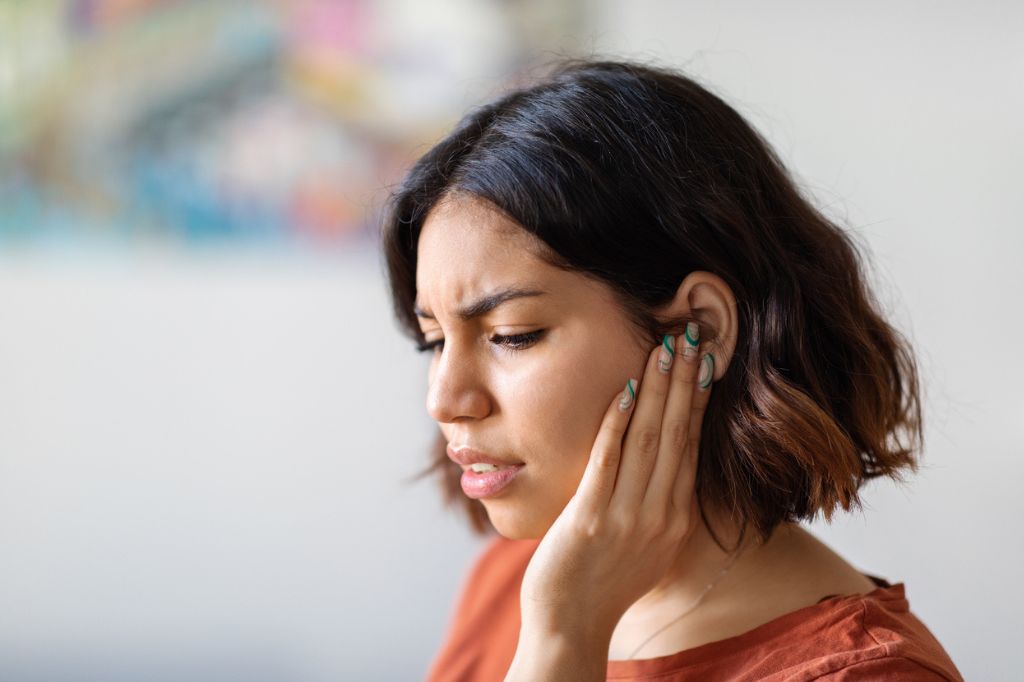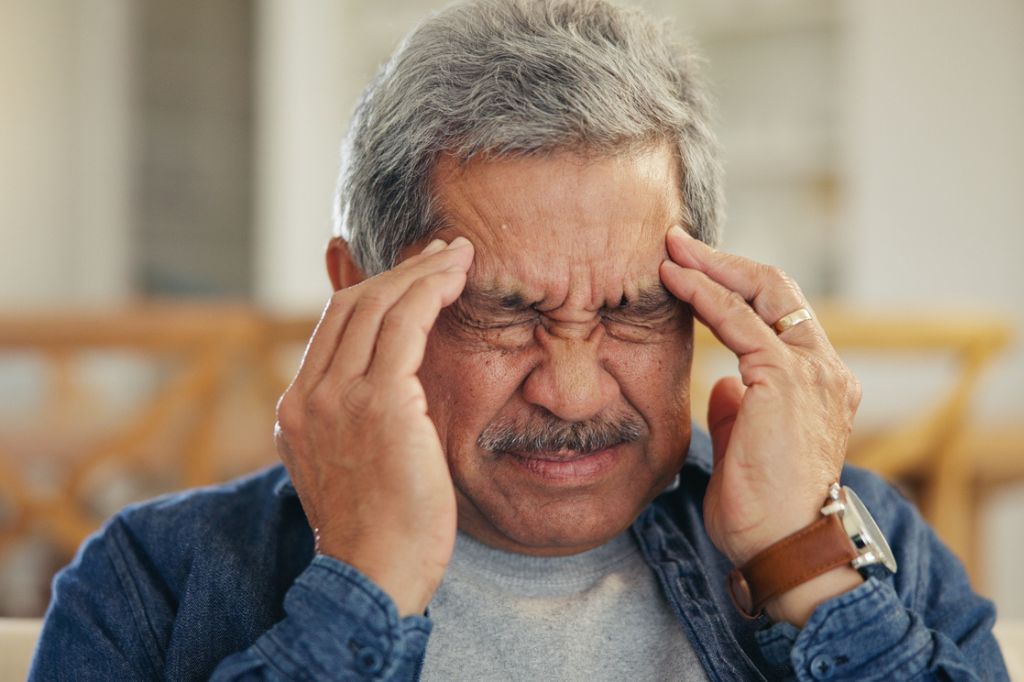
How to Fix Allergy Fatigue
Allergy fatigue is a common yet often overlooked symptom of allergies. It’s that overwhelming sense of tiredness that doesn’t seem to go away, even after a full night’s sleep. While sneezing, itching, and watery eyes are symptoms we commonly associate with allergies, fatigue may be just as debilitating. Fortunately, you can take steps to combat this fatigue and regain your energy. To assist you in your journey, we’ve compiled a list of tips and tricks to fix allergy fatigue.
What Is Allergy Fatigue?
Allergy fatigue is a result of your body’s continuous battle against allergens. When allergens enter your system, your body releases histamines to combat them. This immune response, while necessary, can take a toll on your body, leading to feelings of exhaustion. The following sections will explore the science behind allergy fatigue and uncover common triggers for this symptom.
The Science Behind Allergy Fatigue
When suffering from an allergy attack, your body releases histamines to fight off the allergen. These histamines cause inflammation and other symptoms, such as sneezing and itching. However, they also play a role in fatigue. Histamines can affect your sleep-wake cycle, leading to disrupted or poor-quality sleep, leaving you tired and groggy the next day. Additionally, histamines may cause your blood vessels to dilate, resulting in decreased blood pressure and a drop in energy levels.
Common Allergens That Cause Fatigue
Knowing the common allergens that may cause fatigue is crucial in managing your symptoms. By identifying and avoiding these triggers, you may significantly reduce your experiences of allergy fatigue. Here are some of the most common allergens that often result in fatigue:
- Pollen: During certain seasons, the amount of pollen in the air increases significantly. This can cause an allergy flare-up, which may lead to fatigue.
- Dust Mites: These microscopic creatures live in household dust and can trigger allergies, leading to symptoms such as sneezing, itching, and fatigue.
- Mold: Mold spores can be inhaled and trigger an allergic response. In addition to respiratory symptoms, this may cause feelings of fatigue.
- Pet Dander: Dander from animals can also trigger allergies. This is not just limited to cats and dogs; even birds and rodents may cause allergic reactions.
- Certain Foods: Some people may have food allergies that can lead to fatigue, such as allergies to dairy or gluten.
Combatting Allergy Fatigue
Understanding the cause is half the battle. The next logical step is to explore effective ways to combat it. Regaining your energy and restoring your quality of life is within reach, and it starts with finding the right strategies to manage your symptoms. If you are struggling with allergy fatigue, here are some tips that may help you overcome it:
Opt for Allergy Testing
As mentioned above, knowing your triggers is essential in managing fatigue due to allergies. If you are unsure of what you are allergic to, consider getting an allergy test done by a qualified medical professional. This can help pinpoint the specific allergens that may be causing your symptoms, allowing you to take the necessary steps to avoid them.
Improve Sleep Hygiene
Ensure your bedroom is free from allergens. Use hypoallergenic pillows, wash bed linens regularly, and consider using an air purifier. Moreover, establishing a regular bedtime routine and avoiding electronic devices before bed can help improve your sleep quality. If you are struggling with symptoms like nasal congestion or post-nasal drip, consider using a saline spray before bed to help open up your airways and boost sleep hygiene.
Over-the-counter and Prescription Medications
Antihistamines can help reduce the symptoms of allergies, including fatigue. However, it’s essential to choose non-drowsy formulas. Always consult with a healthcare professional before starting any medication. Whether you opt for over-the-counter or prescription medication, make sure to follow the instructions carefully. If you have chronic allergies, your doctor may also recommend immunotherapy, which can help to reduce the severity of symptoms over time.
Eye Drops
Allergies may also cause itchy, watery eyes, which may significantly contribute to feelings of fatigue. Over-the-counter or prescription eye drops can help alleviate these symptoms and reduce tiredness. Refrain from rubbing your eyes, as this may further irritate them and worsen the fatigue. Consult with an allergist to determine the best eye drops for your specific allergies.
Lifestyle Changes for Long-term Relief
In addition to the above strategies, lifestyle changes may help reduce fatigue in the long run. The next time you feel fatigue creeping in, try implementing the following lifestyle changes. While they may not provide immediate relief, they can positively impact your energy levels over time.
Diet and Nutrition
The foods you eat may impact your allergies and fatigue levels. Avoiding foods that trigger your allergies and incorporating anti-inflammatory foods, such as fruits and vegetables, into your diet may help reduce symptoms in the long run. Furthermore, high-protein foods and complex carbohydrates can help provide sustained energy throughout the day. If you are unsure what foods to include or avoid in your diet, consider consulting with a registered dietitian.
Regular Exercise
Exercise can help boost your immune system and reduce inflammation in the body. It may also improve sleep quality and increase energy levels. Engage in moderate exercise regularly, such as walking, jogging, cycling, or yoga. Be mindful of exercising outdoors during high pollen seasons, as this may worsen your allergies.
Stress Management
Stress can exacerbate allergy symptoms and lead to fatigue. Find healthy ways to manage stress, such as meditation, deep breathing, or engaging in a hobby you enjoy. Seek support from friends and family, or consider talking to a therapist if stress significantly impacts your quality of life. A restful sleep often begins with a calm, relaxed mind.
Stay Hydrated
Drinking plenty of water can help thin out mucus and reduce congestion, making breathing easier. Aim to drink at least eight glasses of water daily and avoid dehydrating beverages such as alcohol or caffeinated drinks, especially at night. Water can also help flush out toxins from the body, reducing allergy symptoms in the long run.
Treat Your Allergy Fatigue With Northeast Allergy
Don’t let allergy fatigue hold you back from living your best life. At Northeast Allergy, our team of experts is here to guide you every step of the way. From allergy testing to personalized treatment plans, we’ve got you covered. Schedule an appointment with us today and say goodbye to allergy fatigue.



